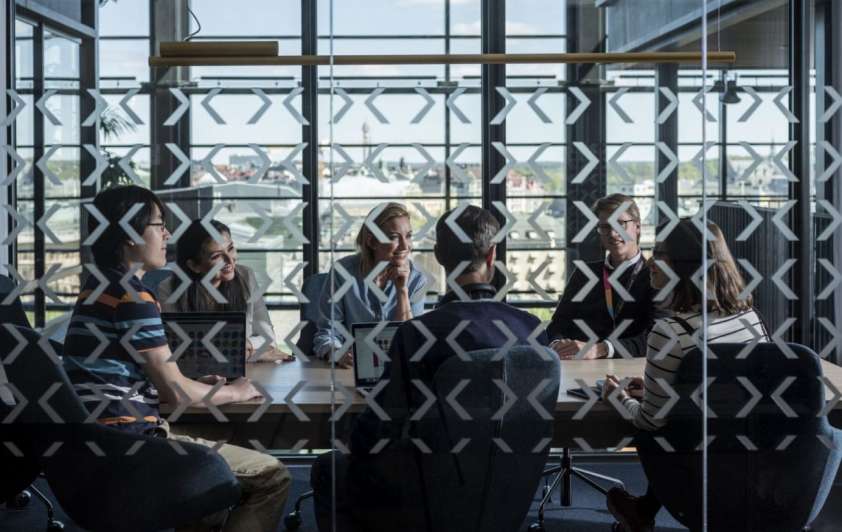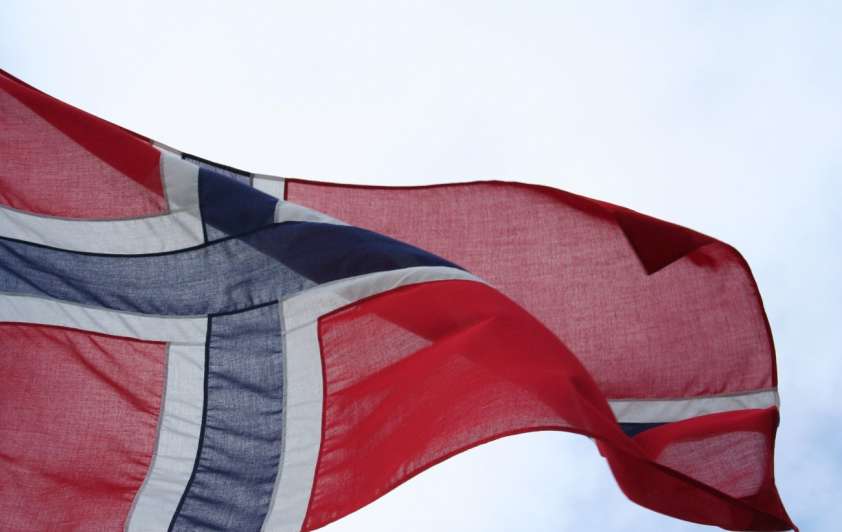In its Q2 financial report Kindred posted a 29% year-on-year increase in revenue to £307.3m (€356m/$394m).
Kindred’s Q2 focus on cost controls amid an ongoing strategic review and a strong performance in the Netherlands are keeping the business on track to surpass full-year earnings expectations, according to interim CEO Nils Andén.
A total of £63.6m of sales was generated in the Netherlands. Andén said in an earnings call today that he believes Kindred is now the market leader in the country.
Sports betting growth drives revenue
Performance was positively impacted by an increase in sports betting, favourable results and lower bonus costs. Sports betting gross margin after free bets was 11.3% in Q2. This was up from 9.3% in the previous year and above the group’s long-term average of 9.6%.
However, excluding the Netherlands, active customers and gross winnings revenue remained relatively flat. The business said this was due to headwinds in Belgium and Norway offsetting growth in ..









